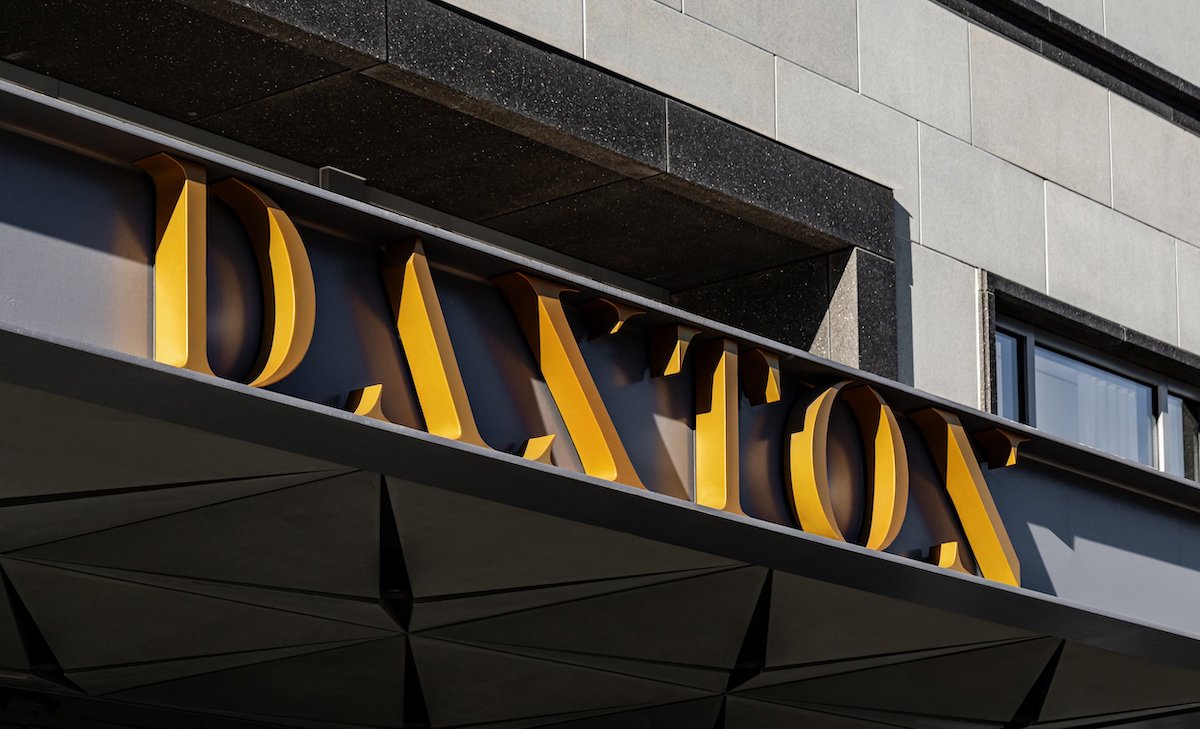Even before the pandemic and Brexit, hotels were looking at new and innovative ways to source local food, hospitality amenities and design materials. In 2022, the demand for local has amplified, as Andrea Brown, Design Director, Mucca, explains…

Luxury hospitality brands have weathered the storm since March 2020, and those fortunate enough to stay above water could use the past few years as a catalyst to rethink their approach. With new consumer patterns and desires emerging during the pandemic, the rules of hospitality have evolved to place more weight on authentic experiences that treat customers like individuals. Options like home-sharing platforms, vacation rentals and glamping all offer an experience that feels unique, private and more memorable than a kitted-out room and valet service.
A small group of ‘superfans’ is more important to a brand’s success than a crowd of fickle followers, and one way to gain those fans is to become a local destination – an authority on one thing that can’t be found anywhere else. To connect with an elusive audience, luxury hospitality needs to look beyond the physical space to create experiences that feel personal and speak to their setting. This could involve collaborating with the cultural community – the artists, artisans and performers who make their city hum – or engaging a new niche audience with ultra-specific offerings.

Image credit: Unsplash
Curate cool
Not everyone has time to research and plan before a trip, so help guests out by making them feel like an insider in a world they’ve just discovered. With a captive audience, hotels have a unique opportunity to celebrate the rising stars of their city, while elevating the neighbourhood along with the guest experience.
For example, Daxton Hotel in Michigan has an artsy, edgy vibe that involves its community at every turn. In-room libraries are curated by nearby Cranbrook Art Museum, Michigan-based fitness gurus lead a running club for guests, and the hotel’s restaurant Madame serves up beers exclusively from nearby brewery Griffin Claw. Meanwhile, Viceroy Hotel’s “A Canvas for Discovery” series offers site-specific works created by innovative local artists—from painters to musicians and photographers–that simultaneously support local artists and give the chain some indie credibility.

Image credit: Daxton Hotel
Make local memorable
We’ve all stayed in a hotel room that we couldn’t describe after we left, and not because of all the champagne from the minibar. Building a hotel brand around its locality can differentiate it from “bland-lux” and create emotional connections that resonate beyond check-out. That’s the approach of The Chicago Athletic Club hotel, which leverages its former life as an elite men’s club while turning its history on its head with a tongue-in-cheek attitude. References to its sporting past are found everywhere from bathrobes to keycards, while the hotel maintains a modern relevance with local-friendly events like roller skating nights and high-fashion clothing swaps.

Image credit: Chicago Athletic Association Hotel
And when luxury means escaping too many air-breathing people to wander a remote island, the experience can still be one of local connection. The exclusive Thanda Island resort rejuvenates not only guests but its sea-dwelling community, offering a chance to participate in marine conservation efforts and support endangered whale sharks.
Engage personal passions
Establishing a tribe of true fans means speaking to them in their language. The rise of niche hotels shows that the experience is king (or queen), and travelers will go out of their way to pursue a passion. Those guests will become virtual brand ambassadors, doing the work for you by spreading the word to their like-minded friends.
A great example of this is W Hotels, which are targeting musicians and music lovers by offering professional-level music studios for guests looking to eat, sleep and make sweet music. Other hotels might wince at the thought of rock bands rolling up, but W has embraced the idea of becoming a music industry haunt that caters to a dedicated fanbase.
No one wants to make predictions these days, and staycations may be here to stay, but luxury hospitality brands can retool their approach and adapt their identities to the new needs of travellers. Whether the guest experience is one of discovering a local gem or finding new like-minded mates, the focus should be on creating a lasting connection. Who knows, maybe sometime in the distant future, a hotel stay will make us feel like visitors to a galaxy far, far away.
Main image credit: Unsplash





















